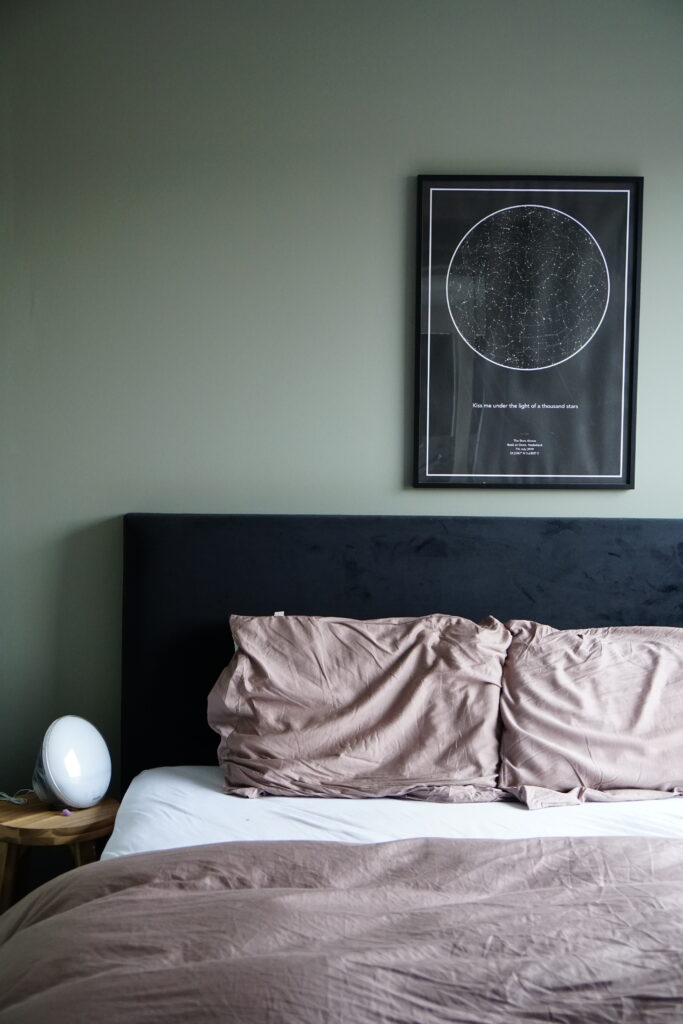What does caffeine do in your body and why should you pay attention to it?
What does caffeine do?; Caffeine is a commonly used substance that we encounter every day in coffee, tea, soft drinks and other products. It is known for its energizing effect and is often used to combat fatigue. But what does caffeine actually do in your body and why is it important to use it wisely?
The battle for alertness; what does caffeine do
Adenosine is a natural substance in your brain that builds up during the day and is responsible for the feeling of fatigue. As adenosine builds up, you begin to experience drowsiness. During sleep, adenosine is broken down, which provides refreshment and recovery. Caffeine works by temporarily blocking the action of adenosine. When you consume caffeine, it reduces the effects of adenosine and gives you a feeling of alertness and energy. This is why coffee is often used as a “pick-me-up” to combat fatigue.
What does caffeine do?
Long-term fatigue
Although caffeine may initially help you become more alert, excessive use of it can lead to a rebound effect. The body always strives for balance, known as homeostasis. If you regularly consume large amounts of caffeine, adenosine may actually be produced excessively in response. This can result in long-term fatigue. Its half-life is about 6 hours, meaning its effects are long lasting. For example, if you consume 16 mg of caffeine at 00:300 PM, there will still be approximately 22 mg of caffeine in your body at 00:150 PM. This can negatively impact your sleep and lead to long-term fatigue.Pay attention to your timing for optimal sleep; what does caffeine do
Om a good night's rest and prevent fatigue in the long term, it is important to be conscious of your caffeine intake. A general guideline is to consume caffeinated products no later than 14 p.m. This gives your body enough time to break down the caffeine before you go to bed.

What does caffeine do?
Moderation is key
While it can be useful for combating fatigue, moderation is key to its healthy use. Limit your intake and avoid consuming in the late afternoon and evening to promote a good night's sleep. This way you can enjoy the benefits of caffeine without the risk of long-term fatigue.Beware of caffeine in combination with blue light
Caffeine, one of the world's most consumed stimulants, is known for its ability to increase alertness and concentration. It works by blocking adenosine receptors in the brain, increasing alertness and reducing fatigue. This can be beneficial for people who need an energy boost to get through the day or to improve their performance during exercise or work. What is often overlooked is the relationship between caffeine and blue light exposure, especially from digital screens such as smartphones, tablets and computers. Blue light can suppress the production of the sleep hormone melatonin, making it harder to fall asleep and get a good night's sleep. This is where caffeine comes into play. By reducing fatigue and increasing alertness, caffeine may allow people to stay awake longer and stay alert, even when exposed to blue light. However, this can lead to disruptions in sleep patterns and problems with sleep quality in the long term. To minimize the negative effects of caffeine and blue light, it is important to find a healthy balance and maintain good sleep habits. This includes limiting caffeine intake to the morning hours, avoiding caffeinated products in the late afternoon and evening, and reducing blue light exposure before bed by using blue light filters on devices or avoiding screens close to home. before bedtime. By implementing these strategies, you can enjoy the benefits of caffeine without the adverse effects on your sleep.
What does caffeine do?
Caffeine and the relationship to burn out
Caffeine is a substance often used to increase alertness and reduce fatigue. In the case of burnout, a state of severe exhaustion due to prolonged stress, caffeine can have both positive and negative effects. On the one hand, caffeine can help people suffering from burnout feel more alert and temporarily increase their energy levels, allowing them to function better in their daily tasks. This can be especially helpful during periods of fatigue and exhaustion that often accompany burnout. On the other hand, excessive use of caffeine in people with burnout can lead to further exhaustion and worsening of symptoms. Caffeine can increase anxiety, reduce sleep quality and hinder the recovery process needed to recover from burnout.It is important to consume caffeine in moderation and be aware of how it affects your body and mind, especially during periods of stress and exhaustion such as burnout. It is advisable to aim for a healthy balance between caffeine consumption and rest, and to explore other stress management strategies such as mindfulness, relaxation exercises and building a supportive social network. Also consider taking one mental coach in Eindhoven.